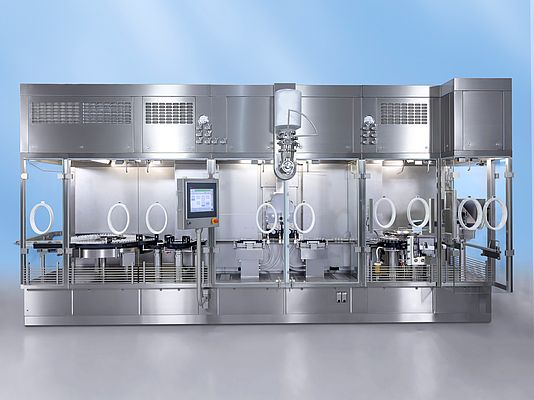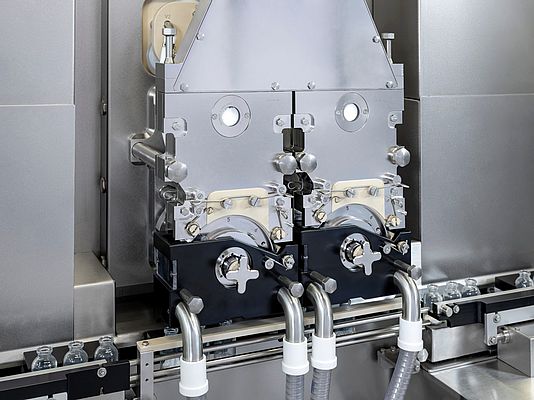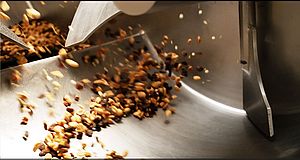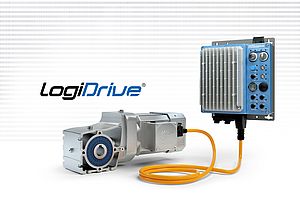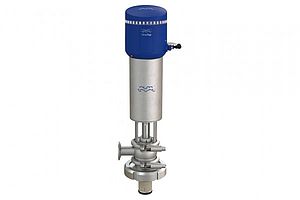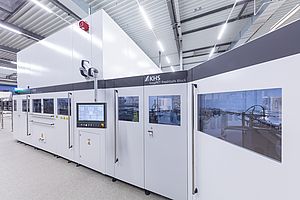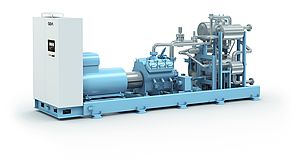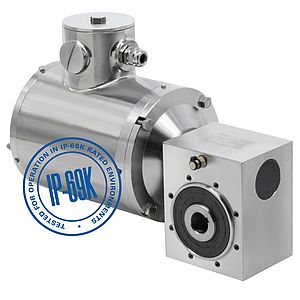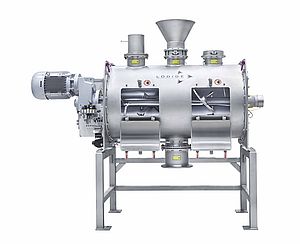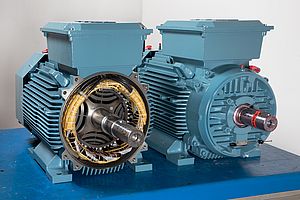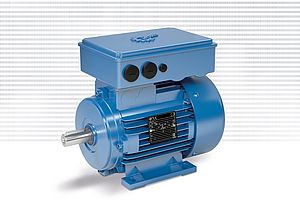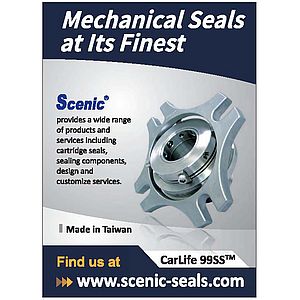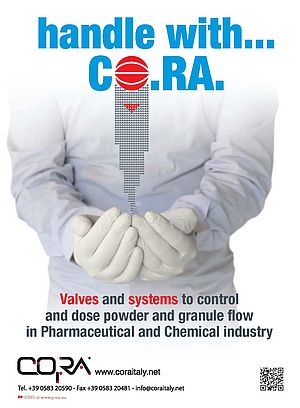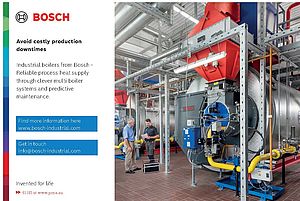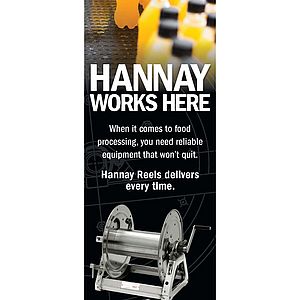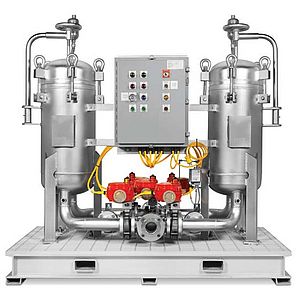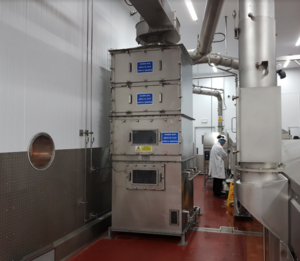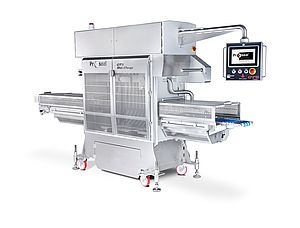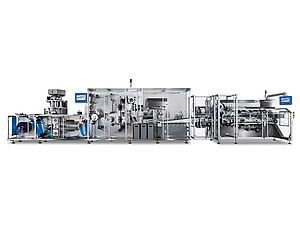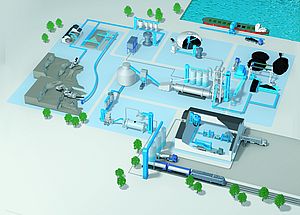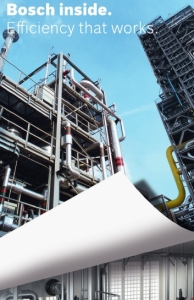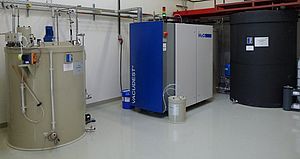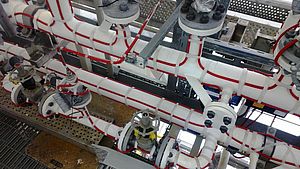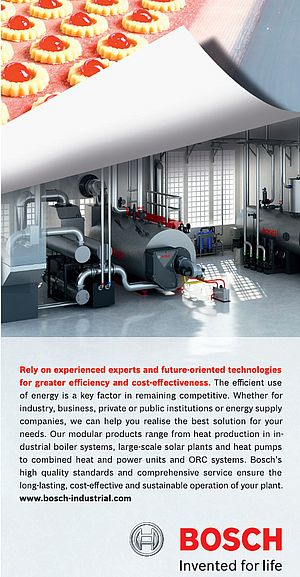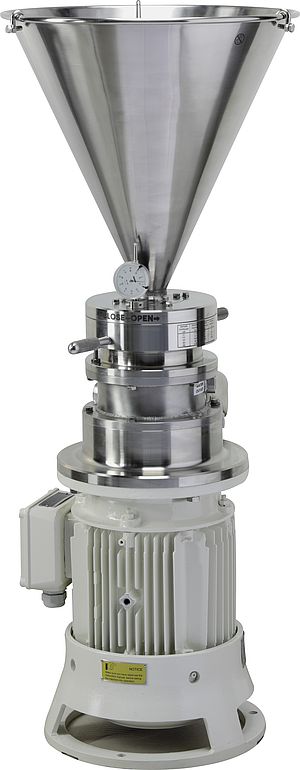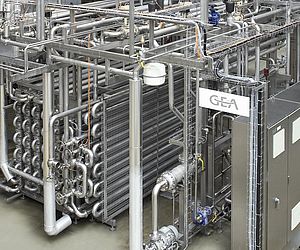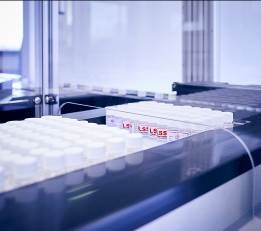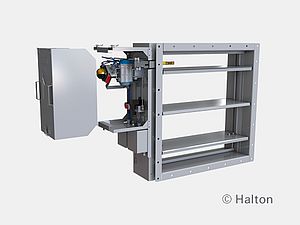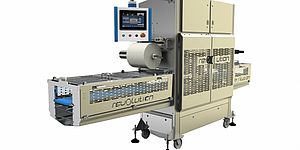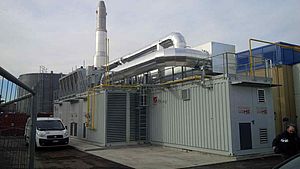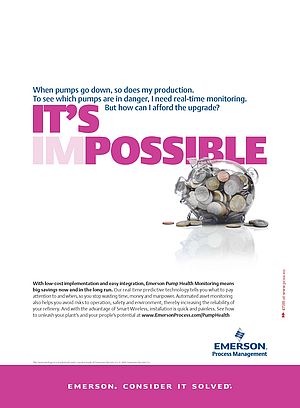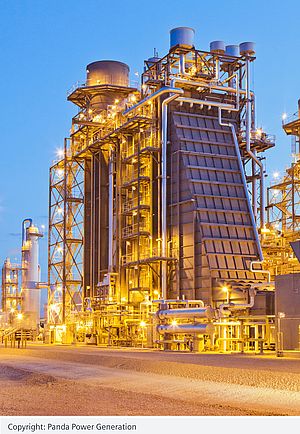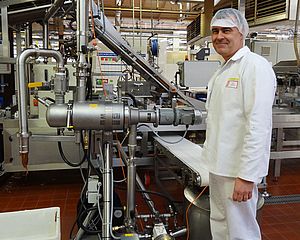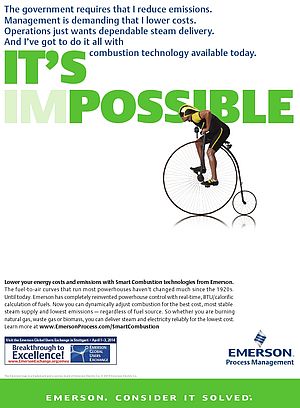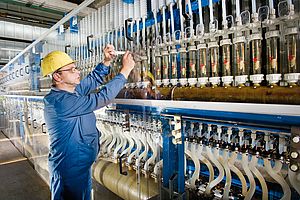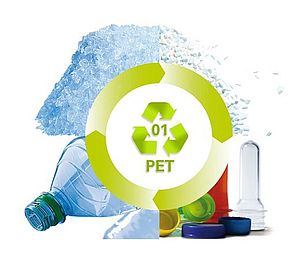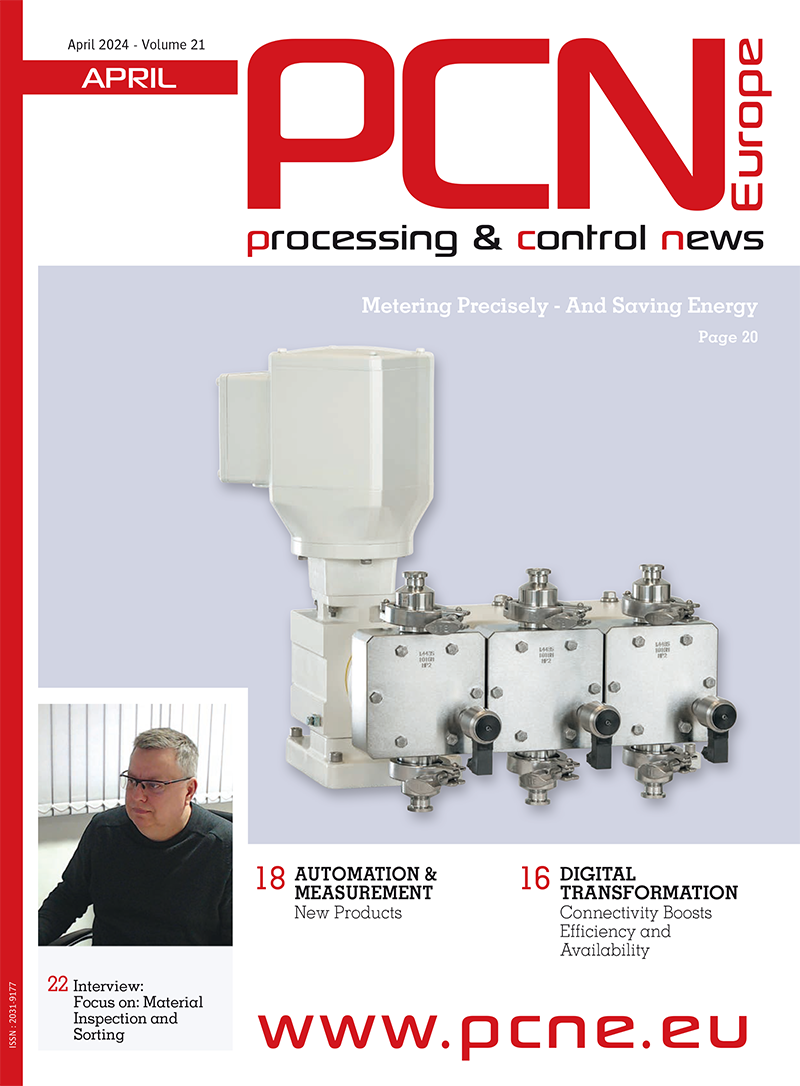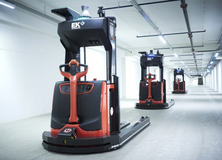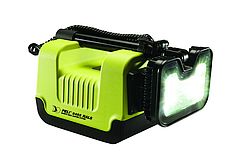At the international design competition for product design, communication design and design concepts Red Dot Award, the Design Zentrum Nordrhein-Westfalen has recently honored Bosch Packaging Technology for its filling and closing machine AFG 5000, in the category product design. Forty expert members from an international jury carried out an evaluation based on criteria such as degree of innovation, functionality, formal quality, ergonomics and durability. Designers and manufacturers from 59 nations submitted more than 6,300 objects.
“We are very happy to receive this award. The independent jury verdict shows that our approach to focus on the customer right from the beginning proves successful,” said Dieter Bandtel, product manager at Bosch Packaging Technology, during the award ceremony at the Red Dot Gala in Essen, Germany. “The AFG 5000 was developed and designed according to customer requirements. The result is a machine with a compact and space-saving design, easy handling and a small number of format parts.”
The history of the AFG 5000 and future developments
In autumn 2017, the AFG 5000 was first presented to a selected audience. The flexible machine platform allows the exact dosing of both small and large amounts of powder with an output of up to 480 vials per minute. Customers can choose between statistical or 100% in-process control of dosing weights. While the vials are continuously fed into the filling machine, the transport system adjusts the feed rate to precisely match the rhythm of the individual workstations. Shuttle carrier systems, which can quickly switch between infeed and outfeed, prevent bottlenecks and idle times. “Since its introduction, the machine has been successfully established on the market within a very short time,” said Bandtel.
Simple and flexible parts handling
The close exchange with customers, as well as their feedback made it possible to add new features to the AFG. For instance, pharmaceutical manufacturers can now also aseptically incorporate powder-handling parts before the start of production with closed RABS (Restricted Access Barrier System). The parts are introduced via transfer lock and then mounted with the aid of gloves. “Parts handling is usually a complicated process,” Bandtel explained. “This is why the product-handling parts of the AFG 5000 are light-weighted and easy to handle, so employees can install them with little effort. Thanks to the vertical, ergonomically accessible design, the system can be operated completely from one side.” Alternatively, operators can exchange parts when the RABS is open and then sterilize the assembled essential parts with a CIP/SIP process.
Low residual oxygen levels
To increase pharmaceutical products’ durability, manufacturers must keep the residual oxygen content in the vial as low as possible. Hence the glass containers are gassed with nitrogen prior to closing. “However, when nitrogen is rapidly and forcefully blown into the vial, there is a risk of powder particles whirling up and out of the vial,” Bandtel explained. “We prevent this risk by integrating the gassing channels of the AFG 5000 directly into the stoppering wheel.” The rotation of the wheel creates a continuous flow of nitrogen at the bottle opening right up to closing and ensures consistently low residual oxygen levels. “The continuous transportation of the vials within the gassing area optimally supports this process,” said Bandtel. “This way, the functionalities of the machine complement each other even more effectively.”


